Photographs: Mansi Thapliyal/Reuters Swaraj Baggonkar in Mumbai
The 15 per cent dip in sales in December 2012 notwithstanding, car companies have gone ahead with the planned price rise, even as their dealers struggle to meet sales targets amidst declining footfalls in showrooms.
The hike is in the range of 0.5 per cent to 2.5 per cent.
The rise, which was brought into effect from Tuesday, is aimed at easing pressure on operating margins hit by factors such as exchange rate fluctuation and input price rise.
. . .
Now, pay more for cars
Photographs: Babu/Reuters
While companies such as Mahindra & Mahindra, Toyota Kirloskar, Renault India, BMW, Audi and Mercedes-Benz have already increased prices, others such as Hyundai, General Motors, Maruti Suzuki and Nissan said a hike will follow shortly.
Pravin Shah, chief executive (automotive division), M&M said, "We have taken a price increase in the range of 0.6-2.5 per cent across our product range.
"Though the industry is going through a difficult time, we do not expect the price hike will impact demand too much."
. . .
Now, pay more for cars
Photographs: Adeel Halim/Reuters
Mumbai-based M&M bucked the trend with a gain of 18 per cent in sales in December.
This was possible due to a near-full diesel line-up and increased demand for newly launched products such as XUV500 and Quanto.
Most car companies had hiked their prices in October-November 2012, when demand for cars were at their peak thanks to the festive season.
However, most manufacturers could not absorb the currency fluctuation loss and input price rises, forcing them to pass on the burden to customers even if it meant lesser sales.
. . .
Now, pay more for cars
Photographs: Ahmad Masood/Reuters
A sluggish market usually leads to a general fall in input and other prices.
However, automotive companies are complaining that a reversed trend prevails in the system where prices remain high thereby impacting their profitability.
A senior executive at Maruti Suzuki, the country's largest car maker, said, "Generally during slowdown prices come down, but in India presently it's the reverse.
"The unfavourable Yen fluctuation will enforce the hike. Any hike will impact demand for cars."
. . .
Now, pay more for cars
Photographs: Mukesh Gupta/Reuters
In December, Maruti had declared a price hike of up to Rs 20,000, which may get altered before implementation this month, according to sources.
However, the Delhi-based company is yet to finalise a date to bring about the price hike.
Like Maruti Suzuki, other companies such as Hyundai, General Motors, Volkswagen and Nissan are waiting in the wings to pass on the hike, although they are yet to decide on the quantum of the increase and the date of implementation.
. . .
Now, pay more for cars
Photographs: Amit Dave/Reuters
General Motors had said earlier that a hike of 1-3 per cent will be carried out across its range.
A company spokesperson, however, said that a decision on this is yet to be taken.
Many city-based dealers are saddled with stocks of those vehicles, which were made in 2012 and which risk having lower demand this year.
Sales of Hyundai, the second largest car maker in India, fell by 10 per cent and that of Toyota Kirloskar and General Motors fell by 24 and 21 per cent, respectively, last month.
The fall came despite the fact that companies gave away discounts of 10-15 per cent of the value of the vehicle.
. . .
Now, pay more for cars
Image: Volkswagen Passat.Photographs: Kind Courtesy: Volkswagen India
Companies like Renault, Volkswagen and Nissan, which have a higher content of parts sourced from outside India, are hit the most due to the depreciating value of the Indian currency.
A spokesperson of French car maker Renault stated, "We have to protect our bottom lines."
The industry is having a grim outlook for the final quarter of the year with expected dependence on consumer benefit schemes and discounts to continue.
"All manufacturers will have to continue to do what should to move sales," added M&M's Shah.

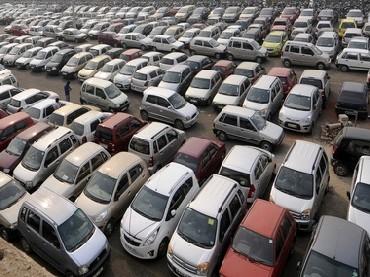
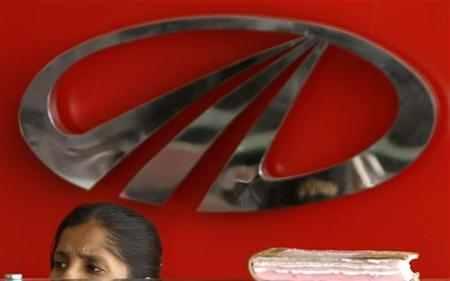
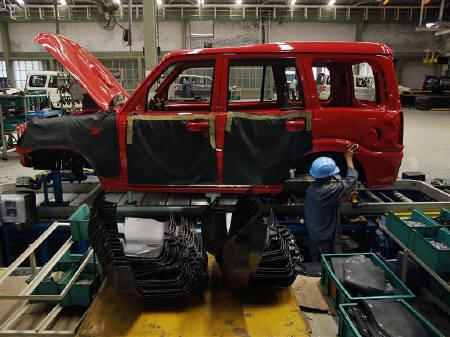
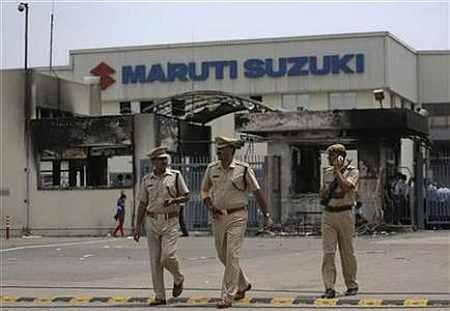
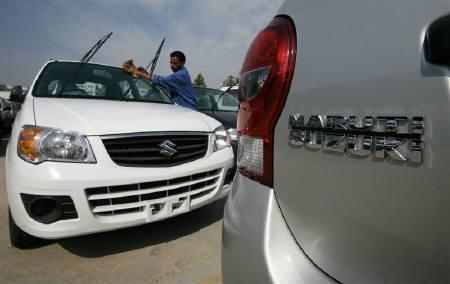
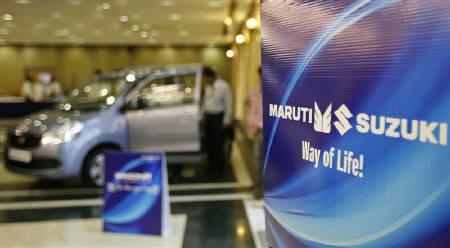
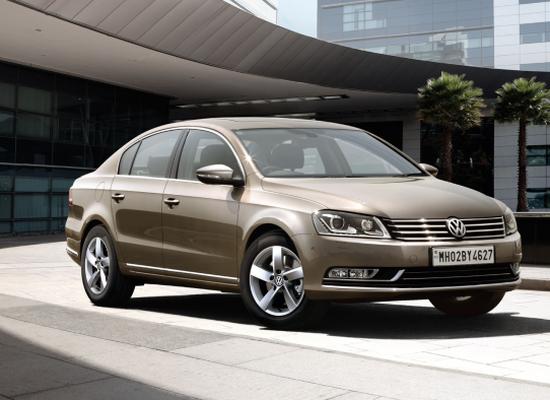

article